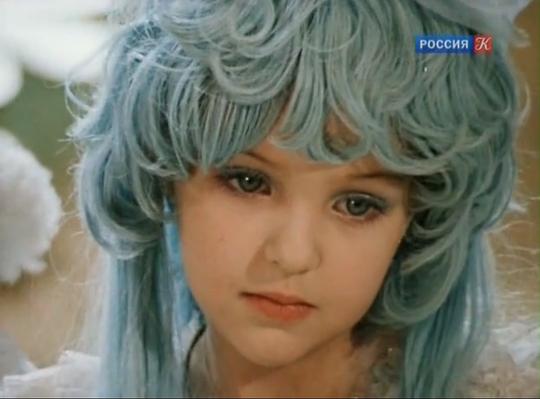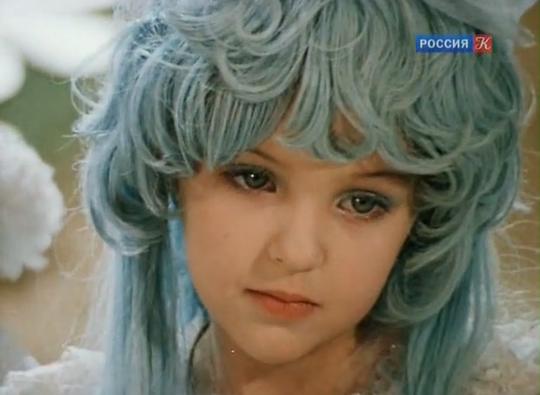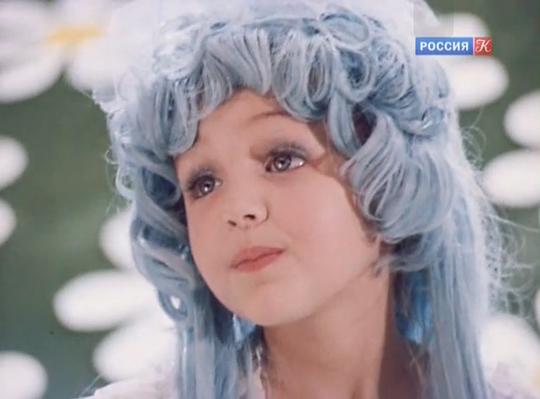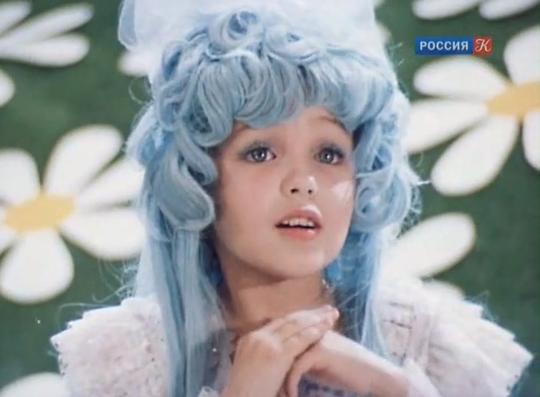布拉提诺历险记Приключения Буратино(1976)
又名:The Adventures of Buratino/布拉蒂诺历险记/Priklyucheniya Buratino
上映日期:1976-01-01(苏联)片长:130分钟
布拉提诺历险记:在线播放
所有播放无需安装任何插件,如果播放失败,请切换不同线路!云播放已支持缓存秒加载,欢迎使用!
部分http资源不能在https下加载,请将网址切回http.
观看小提示:[DVD标清版] [BD超清版] [HD高清版] [TS抢先版:不清晰]
布拉提诺历险记:最新迅雷BT资源
布拉提诺历险记:最新字幕下载
布拉提诺历险记:剧情介绍
Plot Summary:A colorful fairy tale about a little wooden boy Buratino and his quest for the Golden Key that opens a secret door.
托尔斯泰的名著电影幻想版
A bizarre, fascinating Soviet fairy-tale film
It seems that fairy tale films were considered by Soviet filmmakers to be an important genre, as studios devoted large budgets to them, and some directors, like Alexander Row, even specialized in them. This is a film that I happened on at a website devoted to Russian DVDs, videos and CDs. It offered generous clips of most of the films offered, and the look of this particular film really struck my fancy. Even so, when it arrived, I was unprepared for how seriously wacky it turned out to be. It's easily as strange or stranger than `The 5000 Fingers of Dr. T.'
`The Adventures of Buratino and the Golden Key' was Alexander Tolstoy's re-telling of the classic story of Pinocchio, which he remembered from his childhood, but had modified and rewrote over the years. Tolstoy's version has since become a classic in its own right in Russia, and this filming of it was apparently made for Soviet TV in 1975. It's in two separate parts, each about an hour long.
Buratino (i.e. Pinocchio) is played by a remarkable little actor who's kind of a funny-looking kid to begin with, and is transformed into a manic, almost frighteningly cheerful imp by the bizarre costume and makeup he wears. His high-pitched voice and shrill laughter could very well leave your ears ringing, if you have a low tolerance for it, but his performance is sharp, nuanced, and fascinating to watch. The characterizations overall are very broad and over-the-top, and there are lamentably clumsy attempts at slapstick humor by some of the adult actors. The young kids in the cast, however, are a delight to watch, as their performances are natural and apropos, and their costumes and make-up are strikingly beautiful, as are the sets and locations. Most of the younger cast portray puppets in the guise of various traditional theatre characters, (Pierrot, Harlequin, etc.). A couple of scenes almost remind me of live-action versions of Japanese anime, i.e. cute little kids in strange costumes, performing on bizarre, surreal sets.
The overall look of the cinematography seems old-fashioned to me, and most of the time it's hard to guess when this was filmed. Maybe the 1940s, ‘50s, early ‘60s? But the occasional musical set pieces give its vintage away. When a character breaks into song, their voices suddenly and jarringly change into an over-reverberant, highly processed acoustic. The swinging rhythms and accompaniment clearly show signs of being from the latter half of the 20th century. Equally jarring is the old-fashioned look of the cinematography, sets and costumes in contrast to the swinging, commercial jingle-like music. Some of the wackiest elements of the film are in these musical numbers, i.e. a kick-line of frogs (kids in frog outfits) dancing atop a high arched wooden bridge, before jumping into the water one-by-one. Street-cleaners dance joyfully in what appears to be a European town of the late 1700s or early 1800s, except that they are spraying the air with pressurized water hoses as they dance.
There are a few actual puppets in the film, including what appears to be a cricket playing a violin and dispensing sage advice, an element left over from the traditional Pinocchio story. The wily fox and cat who continuously try to bamboozle Buratino are played by adult actors as a shabby pair of beggars, their costumes and makeup only subtly suggesting animal characters.





